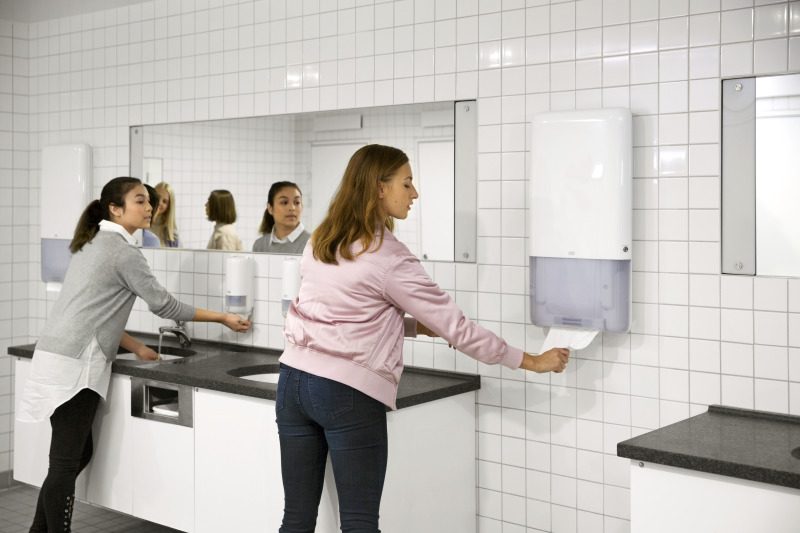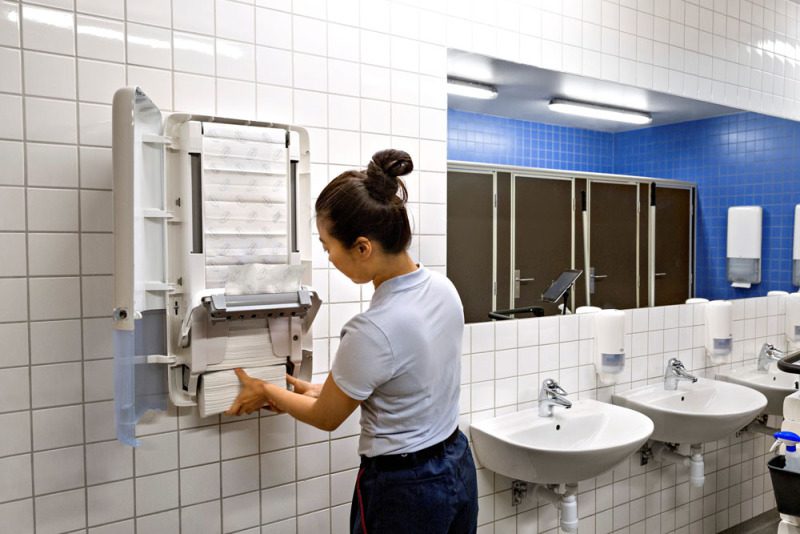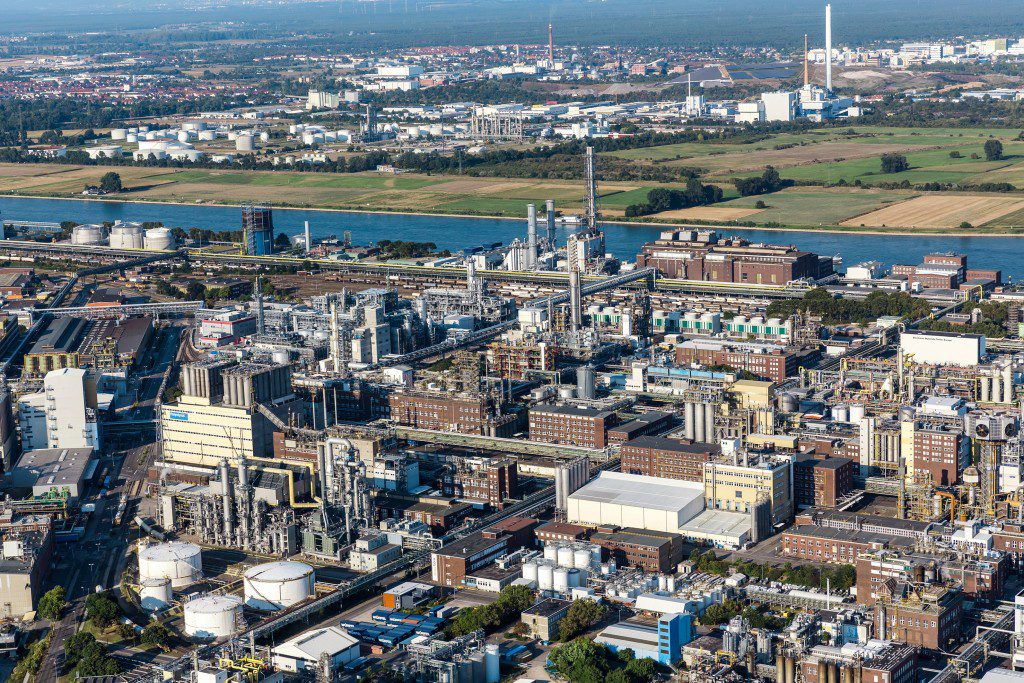The World Economic Forum (WEF) was held in snowy Davos on 23-26 January 2018, bringing together a unique mix of political, civil-society, academic, media and business leaders to discuss the state of the world. This year’s theme- ‘Creating a shared future in a fractured world’- drew a clear picture of increased prominence for collaboration, openness and system-wide action. Seven of the top 10 (impact and likelihood) risks in the WEF’s annual Global Risks Report are now related to sustainability challenges.
Emerging trends – system transformation, the future of jobs and circular economy
The words ‘system transformation’ were widely used in events and conversation at Davos to describe the way forward for business and society at large. The Paris Agreement and the Sustainable Development Goals (SDGs) have by now become a key part of ‘Davospeak’ and there is widespread agreement that these frameworks require a fundamental transformation of the world’s major economic systems.
A second buzzword which was close to every conversation on sustainability was ‘the future of jobs’, linking the fourth-digital revolution to the impacts on employment and work. This is just as much a sustainability issue as climate change, particularly in a society where a growing group of people feel under-served by the system.
A third topic that continues to attract more interest is the circularity of our resource usage in the economy. At a CEO breakfast at the beginning of the forum, WBCSD launched our Factor10 project and a new report in partnership with Boston Consulting Group (BCG). While almost all business leaders believe that circular economy is important to a company’s future success, only half are engaged in circular economy activities. Factor10 aims to offer business the solutions and collaboration required to take advantage of circular economy opportunities.
Continued challenges – gender equality, lack of trust and economic disparity
Gender equality has become a focus across the globe. The time for action on issues such as equal representation of women in the workplace and equality of pay is now. The World Economic Forum set an example during this year’s event, hosting its first all-female panel of co-chairs.

On the topic of economic disparity, Oxfam highlighted further areas for system change by stating in their report that 82% of the wealth generated in 2017 was distributed to the richest 1%. Meanwhile, the poorer half of global citizens -3.7 billion people- saw no increase in their wealth at all. The consequences of this trend are demonstrably damaging and unsustainable in the long-term, and will only be accelerated by the challenges related to ‘future of jobs’ mentioned earlier.
We don’t have to wait for the next election or referendum to know how this inequality is being received by global communities- it is detailed in the annual Edelman Trust Barometer, which was – like every year – launched in Davos. In many countries, trust in government, media and business has continued to fall, with trust in the USA now placed in the lowest quarter of the global index. At the other end of the spectrum, technology remains the most trusted industry sector at 75%, followed by education, professional services and transportation. Credibility in CEOs rose seven points to 44%, with more than two thirds of respondents saying that they wanted to see leadership from CEOs on issues such as policy change.
Insights for 2018 – continued economic growth, a short window for action and a fractured political world
The 2018 World Economic Outlook, launched by the IMF at the forum, offered an optimistic picture. 2017 saw the strongest global economic growth in seven years, with the world economy predicted to grow by 3.9% in 2018 – higher than the 3.7% forecast back in October. India is predicted to be the world’s fastest growing economy in 2018 at 7.4%.
The Indian Prime Minister, Nerendra Modi, did not focus solely on economics during his opening keynote address, describing climate change as ‘the greatest threat to civilization’. Prime Minister Modi also named terrorism and the backlash against globalization as challenges facing our global civilizations. Risalat Khan, a young climate campaigner, gave a stark warning when he said that ‘global leaders have just three years to take action to achieve peak global emissions before they will have failed future generations’.
Among 340 political leaders, this year saw a record number of Heads of State make the journey to Davos. Almost every Head of State who spoke at the forum, including Prime Minister Theresa May, Chancellor Angela Merkel, President Emmanuel Macron and Prime Minister Justin Trudeau, made an appeal for collaboration and openness. President Donald Trump, in his closing address added that ‘America first does not always mean America alone’.
WBCSD in Davos
I was proud to see WBCSD lead six events throughout the week in Davos, on issues ranging from food to finance and from zero-emission mobility to integrating environmental, social and governance (ESG) considerations into corporate risk management systems. We have published a separate newsletter called Insider Perspective on our website, providing you with further details from these sessions.
For now, I wanted to share with you this high-level summary and some of the reports and projects launched in Davos. I look forward to working with each of you and your companies to ensure that business has a leading role to play in the system transformations that lie ahead.
Warm regards,
Peter Bakker
President & CEO, WBCSD
 Compressed technology
Compressed technology














